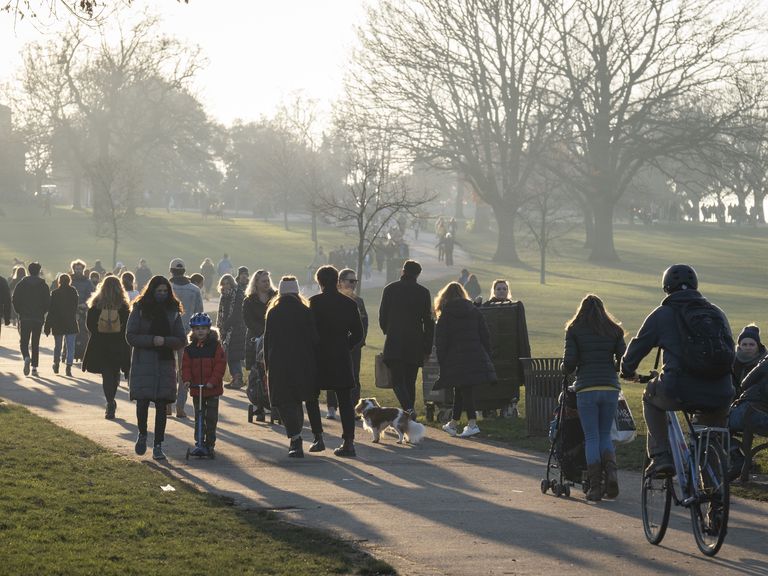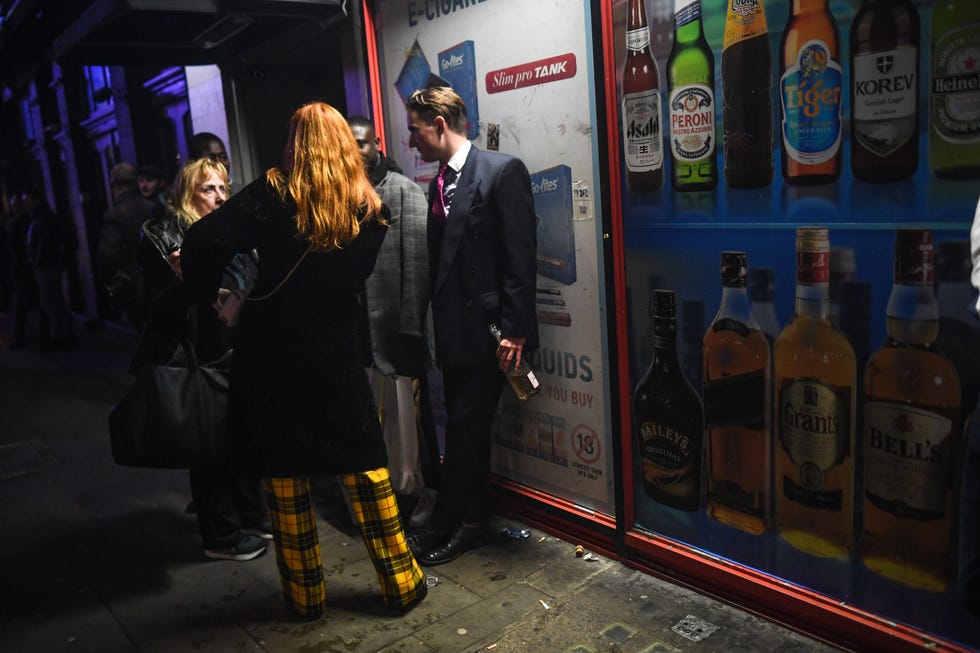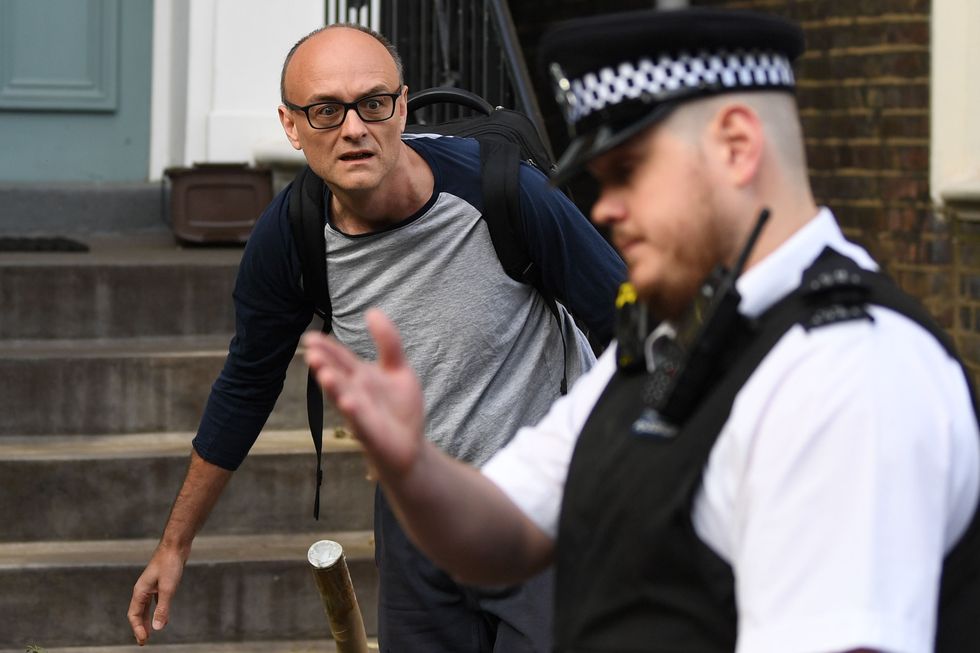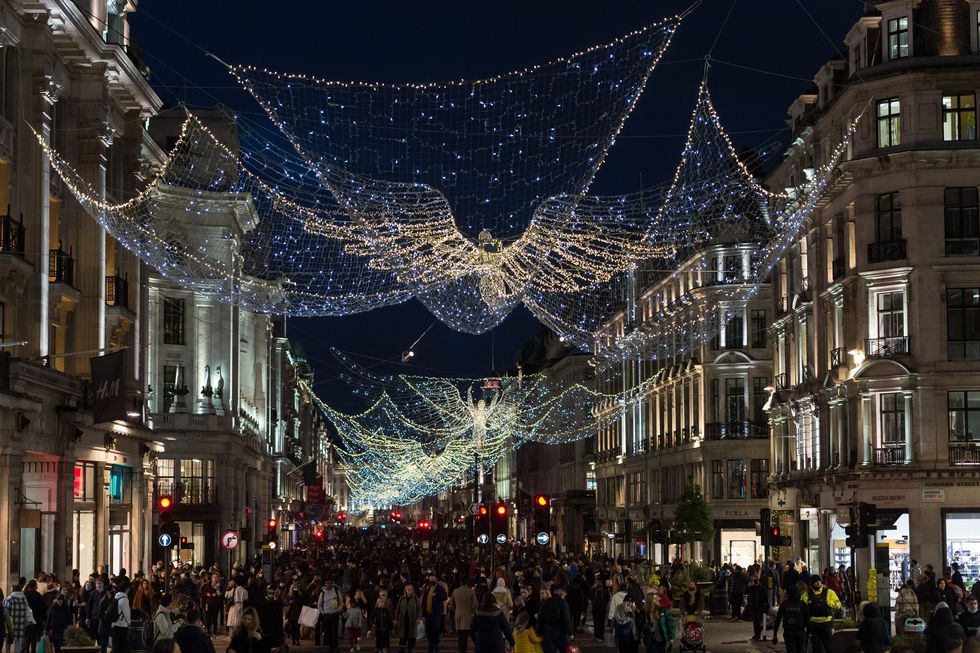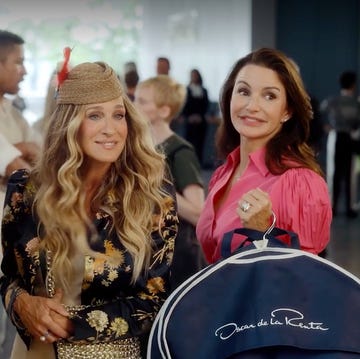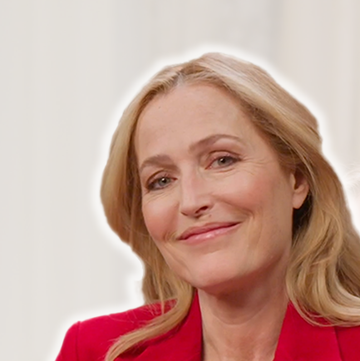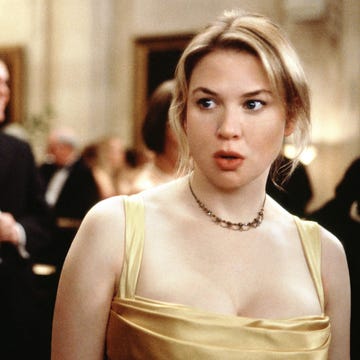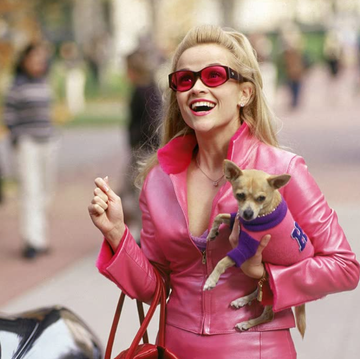Now weeks into our third national lockdown, the nation oscillates between acceptance, despair and exasperation. Nearly 12 months since the country was first plunged into lockdown, this time round feels very different. We are weary, oh so weary, the kind of fatigue that hisses quietly in the background. Most of us disliked lockdown one and two, but at least with 2020’s lockdowns, we had spring to look forward to and latterly Christmas – but of course the less said about that the better.
A year on, the star cast looks different – even the most ardent of Boris Johnson fans have had their affections tested of late; a floppy haircut and Etonian education is, it would seem, no substitute for competence and rudimentary leadership skills. Captain Tom Moore has already done his charity marathon and is, understandably, unlikely to do another. We’ve already binge-watched The Crown and Tiger King. No one cares about making banana bread or learning a different language anymore. Clapping for the NHS seems ridiculous when the powers that be refuse to give them a pay rise. The weather is horrible, and there isn’t even the false pretence of Christmas to brighten up the place. Everything feels darker. If you work for the NHS, it might as well be pitch black. Like most trilogies, it’s a tough sell. People are tired.
But like or not, we are all part of this latest immersive and no less dramatic instalment, although some of us are approaching the 2021 finale differently. Covid-19 cases might be fearfully high, but the media has, over the last few weeks, shared numerous pictures of crowded parks, beaches and lengthy queues – no doubt led by the attention that the last batch of similar images received in the summer and a necessity to fill pages with something, anything. Rationally, we know that these unhelpful visuals are shot cleverly to make individuals look closer than they are, but it’s easy to understand why they make so many feel angry – and why they might provoke someone to flout the restrictions themselves. We have read of reports of house parties and all-night raves, and have had to suppress personal resentment of friends and relatives who might have broken the rules over Christmas to be with their loved ones. Rather than before, where we might have sullenly judged and gone about as usual, now some see it as reason, as Matt Hancock says, to also “flex the rules”. While the government would have us believe that the nation is now acting lawlessly, it is fair to say that there is a greater lethargy when it comes to the restrictions than ever before.
Charted psychologist, lecturer and author Dr Audrey Tang says any public reticence to follow the rules is multi-faceted and influenced by three factors – our understanding of ever-changing rules, whether or not we think we’re are being treated fairly and a feeling of exhaustion. “As with any difficulty, we may abide by the new routine until we see results,” explains Dr Tang. “In many ways, the first lockdown was new, and there was the hope of an ‘end’ and in some ways that came with the summer. But following the second lockdown, which didn’t 'save Christmas', there were no happy outcomes or results – in fact, what followed was an even worse story – the UK has a mutation which is more contagious.
“Imagine if you had followed a restrictive diet plan, exercised every single day, or done everything that you were told, and you gained 20lbs – it’s that feeling of ‘why bother?’’ she continues. “There is a small hope with lockdown three because we have the aim of the vaccine. We can see those results at least.”
Our sense of injustice also influences our willingness to abide by restrictions. If we see others not following rules, it is likely to make us feel that our efforts are futile, so we give up. “Even in the animal kingdom, animals will react with aggression or apathy if they perceive they are treated unfairly,” says Dr Tang. “While of course there are always exceptions to rules, the photographs of people on the beach, or perhaps ill-judged parties posted on social media (before celebrities were asked to apologise and people started being fined more regularly) may elicit the thought, 'Oh how silly', but also 'I haven’t even been able to see my loved one, why don’t I just do it?'"
Psychotherapist Lucy Beresford agrees and both believe the ‘broken window theory' is relevant here – the idea that visible signs of crime create an environment that encourages others to the same. Pictures, even if they are misrepresentative of the reality, of busy parks and markets can shape the behaviour of others, as can celebrities who flout the rules, be it Rita Ora or Kay Burley. Beresford cites the Dominic Cummings incident as “the moment people of all political persuasions felt that their loyalty to the project was being treated with contempt”. “A break-down in government trust has definitely contributed to people resisting compliance, and making their own choices,” she says. “Leaders need to be trusted if they are to expect loyalty.”
In a recent piece for the Guardian, Patricia Riddell, professor of applied neuroscience at Reading University, said the public’s trust in the government has been undermined by opaque messaging, regular U-turns and values being extolled but not practiced. “If you’re saying we are doing this to support the NHS, yet the mouthpiece that’s telling you that has done the clap for carers but not given the nurses a wage rise, or has built the Nightingale hospitals and then they just disappeared; if their behaviour is not matching the value that they are trying to instil in us, then people are just going to think, ‘Well why should we be setting a higher personal value than you’re prepared to demonstrate?’”
As ever, WHO (World Health Organisation) pre-empted that the public would begin to feel this malaise towards any Covid restrictions back in October. In fact, it issued global guidelines to global leaders telling them how to reinvigorate the public’s efforts in preventing further spreading – measures included “be as consistent as possible in messages and actions and prevent conflicting measures” and “strive for predictability in unpredictable circumstances”. It also urged leaders to “be clear and concise” and “appeal to people rather than blame, scare or threaten them”.
WHO labelled this attitude towards the virus as ‘Covid fatigue’, which it defined as a "demotivation to follow recommended protective behaviours, emerging gradually over time and affected by a number of emotions, experiences and perceptions". The organisation described it is a "natural response" to a prolonged global health crisis, which manifests itself in an unwillingness to follow guidelines and recommendations, whether social distancing with friends or mask-wearing; a decreased effort to remain informed about the pandemic; and, finally, the possession of lower risk perceptions related to Covid-19.
The brain’s ability to process a crisis changes as times goes on. When the virus first hit, we tapped into our 'surge capacity', "a collection of mental and physical adaptive systems that humans draw on for short-term survival in acutely stressful situations", but as the pandemic continues, we find other ways of coping and fatigue and demotivation can often be the result. WHO writes that there are many reasons why we might be feeling currently apathetic towards the virus. The first is that the perceived threat of the virus might have decreased in our minds as we become used to its existence, despite medical data pointing to the opposite. A year into the situation, we are more likely to feel the financial, social and personal losses that come as a result of preventative measures such as lockdowns and restrictions. "For some people, the balance may shift, and the perceived costs of the response may start to outweigh the perceived risks related to the virus," says a WHO report.
It's an argument echoed by Dr Tang. “When you look at 365 days later, when people have been furloughed, lost their jobs, have had to make huge sacrifices, community is not the first person you think of - it’s survival,” she asserts. “Rather than thinking about looking out for the vulnerable, or in fact anyone, have we been pushed to the financial, mental and emotional brink so that it is now just about trying to keep oneself afloat? If you have little left to lose by breaking the rules, wouldn’t you?”
Dr Tang disagrees that rule-breakers don’t care about the NHS. “I don’t believe that people don’t want to protect the NHS, but some people are just trying to survive – I mean really survive themselves. There is also a sense that the NHS would have been protected in the longer term with more funding.”
The government’s position is unenviable, but as public faith in the powers that be reaches an all-time low, perhaps the solution lies in digging deep and going back to basics. We were told at the start of the pandemic by politicians that this was a great leveller, messaging we know now not to be true – the most vulnerable have predictably suffered more at the hands of this disease. What is certain is that the key villain in what we hope will be the final instalment of this awful trilogy is the same regardless of our circumstances.
“I say to people we’re not in the same boat, but we’re facing the same storm,” says Dr Tang. “That sense of togetherness can remind us to be a beacon to others to help them, or to reach other to others when you need that hope too.”
Sign up to our free weekly newsletter for more from Harper's Bazaar, straight to your inbox.
